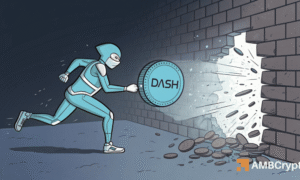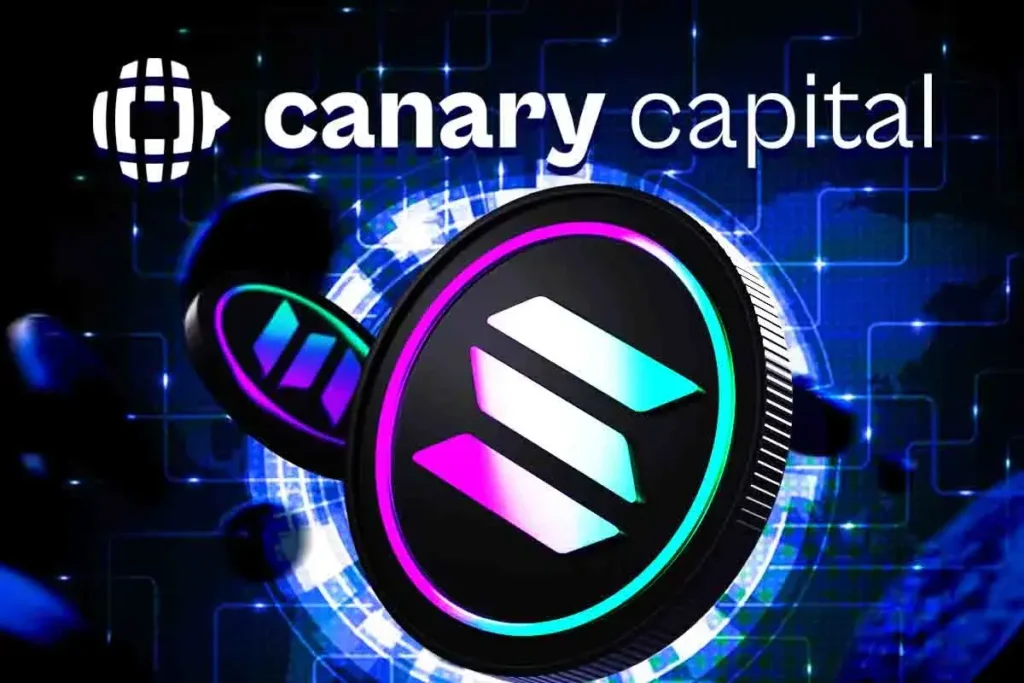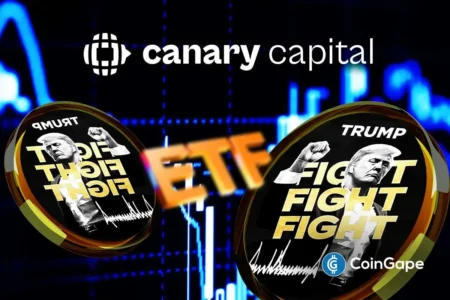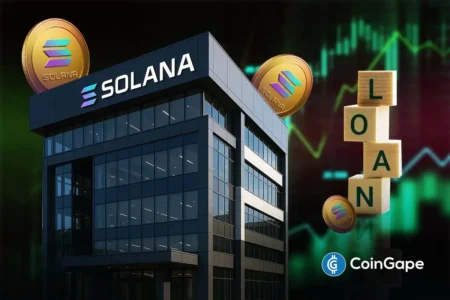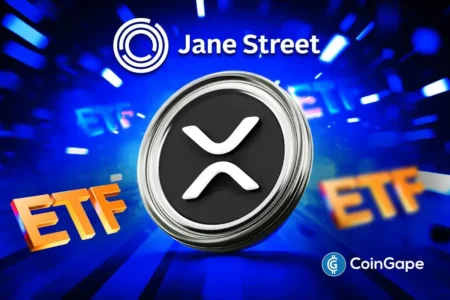Canary Capital’s Amended Solana ETF: What You Need to Know
Canary Capital has taken a significant step in the cryptocurrency investment landscape by filing an amended version of its Solana ETF with the US Securities and Exchange Commission (SEC). This updated registration statement highlights a new collaboration with Marinade Finance, which has transformed the ETF’s name to the ‘Canary Marinade Solana ETF.’ This article delves into the implications of this amendment, the evolving regulatory environment, and the market potential of Solana as an asset class.
Amendments in Focus: The Canary Marinade Solana ETF
A recent filing with the SEC demonstrates Canary Capital’s commitment to enhancing its offerings in the cryptocurrency space. By renaming the ETF to ‘Canary Marinade Solana ETF,’ the asset manager has not only modernized its branding but has also indicated a partnership with Marinade Finance specifically for SOL staking within the ETF framework. This partnership aims to broaden the fund’s appeal by providing a more comprehensive default solution for gaining exposure to Solana and its staking capabilities.
Regulatory Landscape and SEC Stance on Staking
Historically, the SEC has been reticent about approving asset managers’ attempts to include staking in ETFs, particularly during the Gensler-led administration. This cautious approach stemmed from concerns around regulation and investor protection. As such, managers opted against including similar features in Ethereum ETFs prior to their launch. However, a shift in the SEC’s stance has emerged, aligning more closely with the industry’s push for innovation. The agency has recently shown a greater willingness to consider staking in various altcoin ETFs, including those based on Solana.
Delay in ETF Approvals: Understanding the Current Situation
The landscape has not been entirely straightforward for Canary Capital. Following the recent SEC delays on other SOL ETF applications from firms like 21 Shares and Bitwise, regulators have also pushed back their decision regarding Canary’s filing, with an important deadline looming on August 17. Analysts suggest that the approval process may extend until late June or July, although early Q4 appears more realistic for possible approvals. These delays reflect the SEC’s broader approach toward carefully evaluating cryptocurrency ETFs, maintaining investor protections while fostering innovation.
Market Predictions: High Chances for Solana ETF Approvals
Despite the delays, optimism remains high regarding the approval of Solana ETFs. According to Polymarket data, there exists an 82% probability that a Solana ETF will receive SEC approval by 2025, with an 18% chance that it could happen before July 31 of this year. Moreover, Bloomberg analysts Eric Balchunas and James Seyffart highlight a 90% chance for approval, citing that Solana is now regarded as a commodity and has a regulated futures market through the CME. These insights suggest that positive trends in regulatory attitudes may significantly benefit Canary’s ETF prospects.
Solana Prices: An Analytic Snapshot
As of now, Solana’s market performance appears robust, trading around $169, with a 2% increase in the last 24 hours. The altcoin even touched heights of $171.68 earlier in the day, showcasing its resilience in a volatile market. The interest from institutional investors, alongside potentially favorable regulations, suggests a promising future. If the SEC aligns with market expectations and approves the Solana ETF by the impending deadline of October 10, we could see even greater price surges and broader acceptance of Solana as a cryptocurrency investment.
The Path Ahead: What Investors Need to Consider
Investors should keep a close eye on the regulatory developments surrounding cryptocurrency ETFs, particularly those related to Solana. The chances of approval appear to be steadily increasing, providing a unique opportunity for investors looking to diversify their portfolios with cryptocurrency exposure. It’s crucial to conduct thorough market research and remain informed about developments, as the landscape can change rapidly. With the potential approval of the Canary Marinade Solana ETF, the convergence of innovation, regulation, and market sentiment presents an enticing scenario for both institutional and retail investors.
In conclusion, the Canary Capital amendment signifies not only a milestone for Solana ETFs but also highlights the dynamic nature of cryptocurrency regulations. Investors would do well to stay informed as this story continues to evolve, potentially reshaping their investment strategies in the fast-paced world of digital assets.

